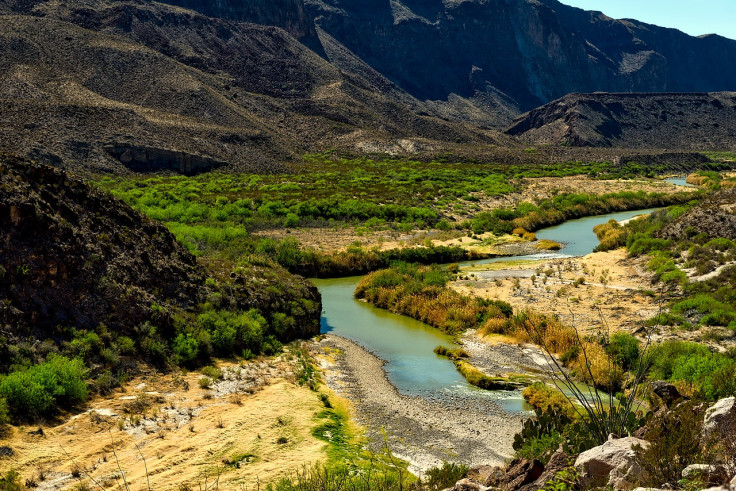
The U.S.-Mexico relations during the upcoming Trump administration are likely to encounter some tension. During one of his last campaign stops before the election, the Republican warned that he would impose up to 100% tariffs on Mexico if elected if the administration of president Claudia Sheinbaum did not help reduce the flow of migrants across the border to an amount of his liking. He went on to say that Mexico is making "a fortune" and "ripping us off left and right."
The two, however, had a call on Thursday, shortly after Trump's victory was called, with Sheinbaum defining the call as a "very cordial" one.
Both neighboring countries have a lot at stake, especially as their commercial relationship totaled an estimated $855 billion in 2022. On Friday, a new piece by Border Report has revealed yet another issue that could prove be important in the near future as Mexico has proposed a unique solution to repay part of the water it owes the United States under an 80-year-old treaty.
In essence, Sheinbaum's government is offering to release 125,000 acre-feet from the Rio San Juan basin in Tamaulipas. This proposal aims to address Mexico's significant water deficit, as it faces ongoing challenges in meeting treaty obligations to deliver 1.75 million acre-feet of water to the U.S. every five years from Rio Grande tributaries since 1944. The current cycle ends next year, and Mexico still owes over 1.32 million acre-feet.
The 1944 water treaty mandates that Mexico deliver water from specific tributaries so that it can be stored in the U.S. reservoirs of Amistad and Falcon along the Texas border. The Rio San Juan empties into the Rio Grande south of these reservoirs, meaning water released here cannot be stored and may eventually flow into the Gulf of Mexico.
Mexican officials argue that the proposed release from Rio San Juan would utilize overflow from recent heavy rains, currently causing reservoir levels in Tamaulipas to exceed capacity. With the El Cuchillo reservoir at 104% and Marte Gomez at 123%, Mexico suggests it is more practical to take advantage of the available excess water rather than risk its loss.
However, U.S. representatives in Texas, including Rep. Monica De La Cruz, have expressed concerns, questioning whether this proposal meets treaty requirements:
"The Mexican government needs to abide by the treaty and they need to give us the water that they owe us. This proposal right now by the Mexican government we're still looking into legally but what I want to do is make sure that the Mexican government is held accountable for the water that they owe us from the 1944 water treaty"
Water scarcity is a pressing issue on both sides of the border. Northern Mexico faces its most severe drought since 2011, impacting communities, agriculture, and dam levels. Texas, also experiencing record-low water levels in the Rio Grande, has implemented water restrictions for households and businesses, with some counties declaring states of emergency.
© 2024 Latin Times. All rights reserved. Do not reproduce without permission.










